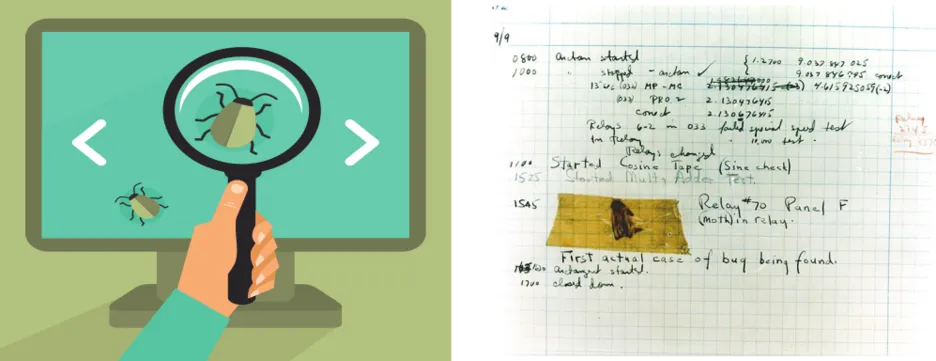
Finding and correcting errors on their own is a major hurdle for novice programmers, which can often lead to frustration and even aversion in the computer science classroom. It is also a major challenge for teachers, who rush from student to student, attempting to do justice to each and every one. The only way to overcome this problem is to empower students to correct their programming errors, i.e. debugging, on their own. As several studies show, debugging is different from general programming skills and therefore needs to be taught explicitly. Moreover, debugging skills play an important role not only in programming: dealing with errors is ubiquitous in our everyday lives, and debugging is considered an essential practice in computational thinking. Despite this, debugging is an underrepresented topic both in the classroom and in computing education research, and there are surprisingly few studies, materials, and concepts dealing with the explicit teaching of debugging skills. In this research area, debugging is analyzed from an educational point of view, develop and evaluate strategies for integrating debugging into the classroom, and thus design a "didactics" of debugging.
Zoppke, T., Michaeli, T., & Romeike, R. (2023). Individuelle Unterstützung beim Debuggen -- Video-Vignetten für die Lehrkräftebildung. In: INFOS 2023 - Informatikunterricht zwischen Aktualität und Zeitlosigkeit, 2023.
Michaeli, T., & Romeike, R. (2022). “I Now Feel that this is Unfair” A Case Study on the Effects of Professional Development for Debugging in the K-12 Classroom. In: Informatics in Schools. A Step Beyond Digital Education. Springer International Publishing.
Michaeli, T., & Romeike, R. (2021). Developing a Real World Escape Room for Assessing Preexisting Debugging Experience of K12 Students. In 2021 IEEE Global Engineering Education Conference (EDUCON). Vienna, AUT.
Michaeli, T. (2021). Debugging im Informatikunterricht. Dissertation, Freie Universität Berlin.
Michaeli, T., & Romeike, R. (2020). Investigating Students' Preexisting Debugging Traits: A Real World Escape Room Study. In Proceedings of the 20th Koli Calling International Conference on Computing Education Research, New York, NY, USA: ACM.
Michaeli, T., & Romeike, R. (2019). Improving Debugging Skills in the Classroom – The Effects of Teaching a Systematic Debugging Process. In Proceedings of the 14th Workshop on Primary and Secondary Computing Education (pp. 57-63). Glasgow, UK, GB: New York, NY, USA: ACM.
Michaeli, T., & Romeike, R. (2019). Debuggen im Unterricht – Ein systematisches Vorgehen macht den Unterschied. In Tagungsband INFOS 2019 - GI-Fachtagung Informatik und Schule. Dortmund.
Michaeli, T., & Romeike, R. (2019). Current Status and Perspectives of Debugging in the K12 Classroom: A Qualitative Study. In 2019 IEEE Global Engineering Education Conference (EDUCON) (pp. 1030-1038). Dubai, AE.
Michaeli, T., & Romeike, R. (2017). Addressing Teaching Practices Regarding Software Quality: Testing and Debugging in the Classroom. In Proceedings of the 12th Workshop on Primary and Secondary Computing Education (pp. 105--106). Nijmegen, Netherlands: New York, NY, USA: ACM.